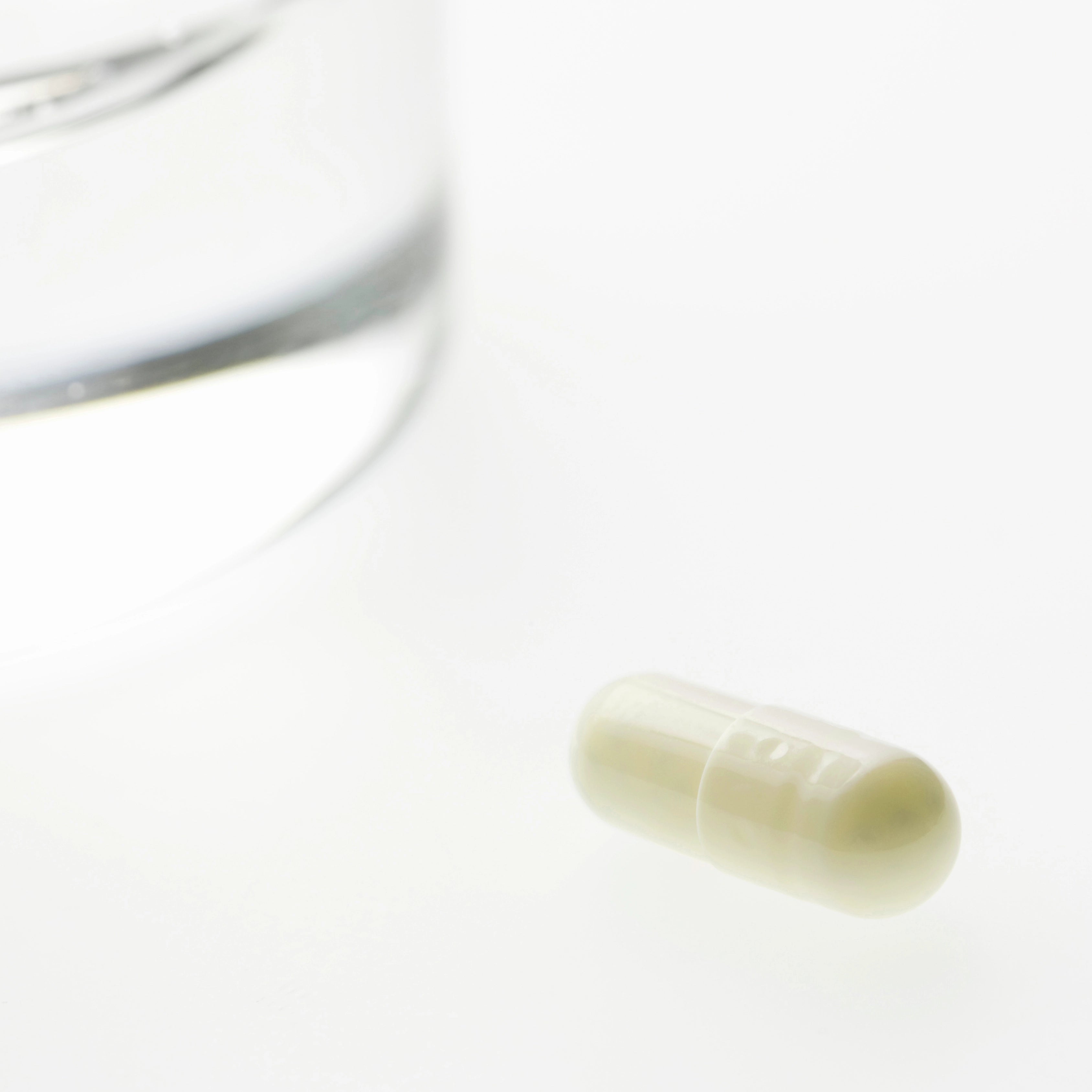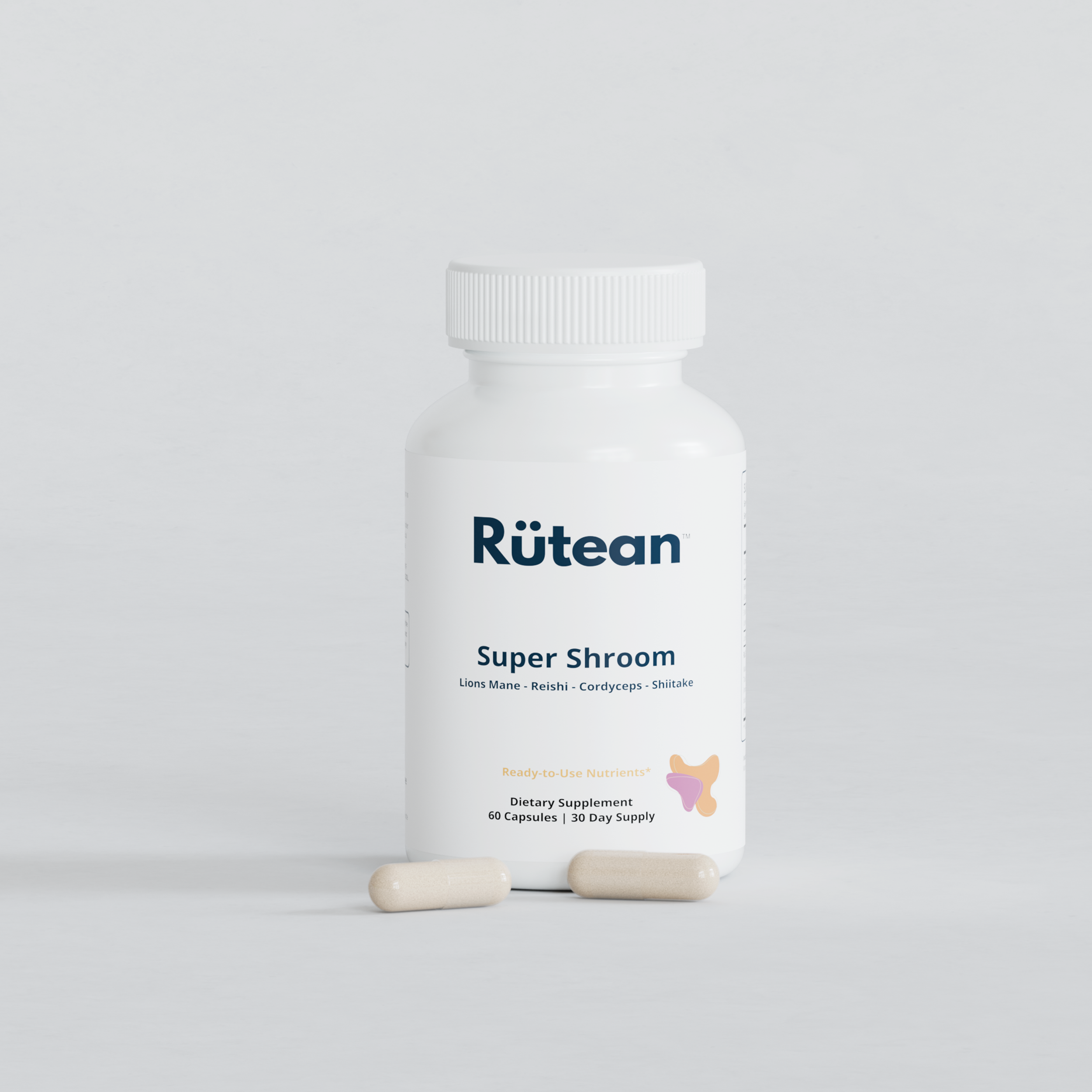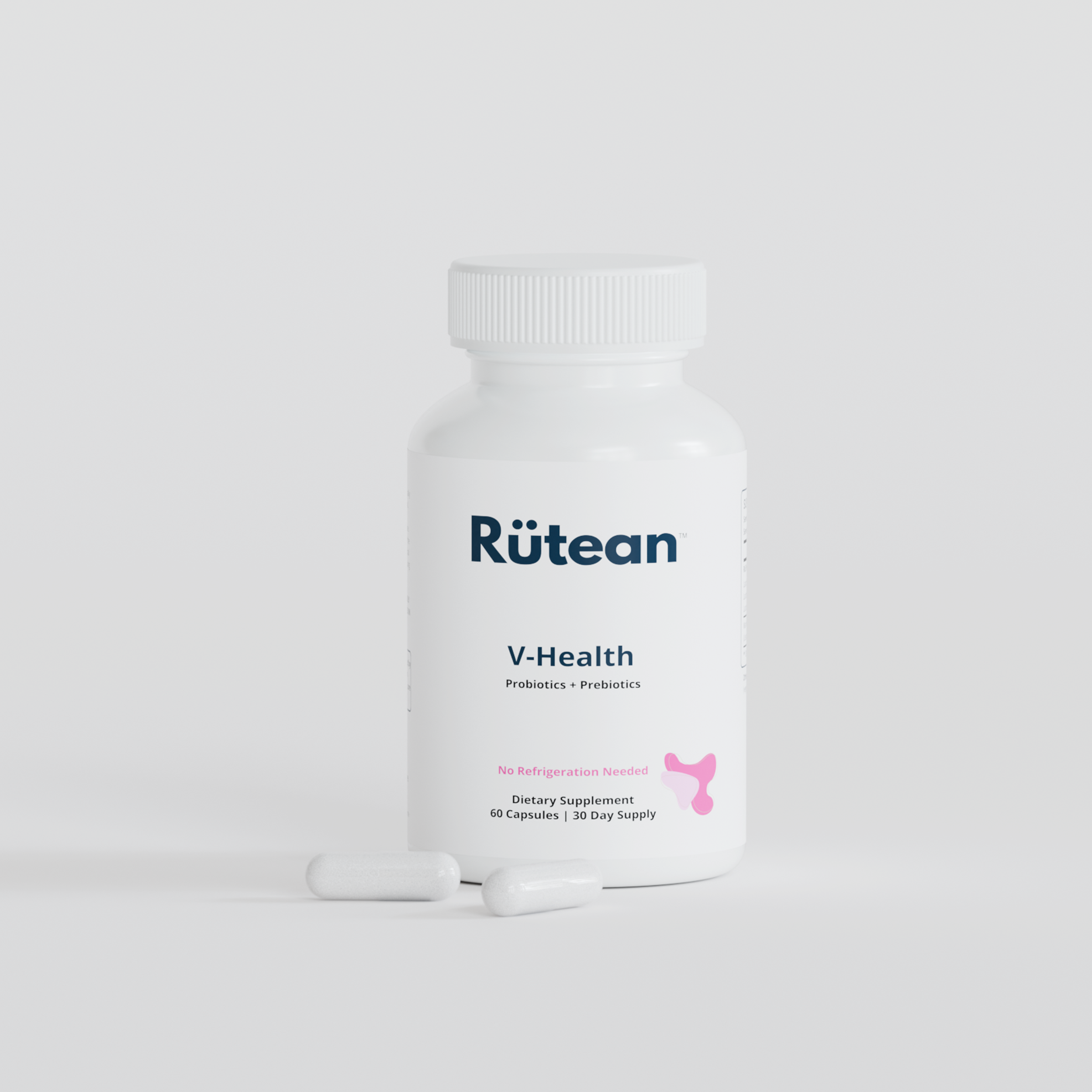









Alpha Lipoic Acid
As we age, our body's natural production of alpha-lipoic acid declines, leaving us more vulnerable to free radicals and reduced cellular efficiency. Alpha-Lipoic Acid is a powerful antioxidant that supports healthy aging, promotes energy metabolism, and helps protect against oxidative stress.
Supports insulin sensitivity*
Promotes cellular energy production*
Promotes a balanced inflammatory response in the body*
Promotes healthy nerve function*
Satisfaction Guaranteed ∙ Free Shipping Over $75 ∙ Secure Checkout
Our 60-day guarantee
Take 2 capsules once a day. Best taken on an empty stomach, one to two hours before eating.
How to use
Take 2 capsules once a day. Best taken on an empty stomach, one to two hours before eating.
Ingredients
Alpha Lipoic Acid
Alpha Lipoic Acid

Cell power unlocked.

How it works
Aids blood sugar levels control: High blood sugar levels in our body can cause health problems, such as vision loss, heart disease, and kidney failure. Scientists believe that alpha-lipoic acid helps lower blood sugar by promoting processes that can remove fat that has accumulated in muscle cells, which otherwise makes insulin less effective.
Helps modulate stress-related hormone activity: Improved insulin sensitivity helps stabilize blood sugar levels, which in turn promotes better stress management and emotional balance, helping you feel more in control of your health and wellness journey.
Supports a healthy inflammatory response: Research shows that alpha Lipoic Acid helps reduce inflammation and oxidative stress caused by physical activity, promoting faster recovery and reducing muscle soreness. Research also shows that alpha-lipoic acid promotes healthy nerve function.
" When I hit perimenopause, my energy didn't just dip—it became wildly unpredictable. Some days I could barely get through my patient appointments, while hot flashes left me completely drained. Adding Rutean's Alpha Lipoic Acid has been transformative during these hormonal shifts. Now, even on days when my body seems to be working against me, I maintain steady energy from morning clinic through evening family time. It's given me back the consistency I desperately needed during this challenging transition. "
Jennifer L.
Reviews
- Sally M.Verified Buyer3/15/25Rated 5 out of 5 starsGood stuff
I came across some information online suggesting this product could help with sciatica, so I decided to give it a try. It's been 3 months and I haven’t experienced any sciatic pain or flare-ups. It’s been working great so far!
Was this helpful? - Terry C.Verified Buyer9/6/24Rated 5 out of 5 starsReally works for Neuropathy
I hadn’t tried other brands of Alpha Lipoic Acid before, so I can’t compare, but I’m 54 years old and have struggled with severe diabetic neuropathy for years. After reading about the benefits of Alpha Lipoic Acid for neuropathy, I decided to give it a try, despite being skeptical that something so affordable and accessible could make a difference.
I’m so glad I did! Within a day or two, the pain in my feet, especially at night, reduced significantly. I’ve been taking two capsules daily, and my condition has improved dramatically over the past two months. I no longer wake up in pain every hour, and getting out of bed in the morning is no longer a struggle. While the pain isn’t completely gone, it’s much more manageable. What used to be an 8 or 9 on the pain scale is now down to about a 2.
I did run out at one point, and within a week, the pain returned to its previous intensity. Once I reordered and started taking ALA again, the relief came back within a few days. I’m now a firm believer in this supplement and have signed up for a subscription so I never run out again! If you suffer from diabetic neuropathy, it’s definitely worth spending the money to see if this can help you too.
Was this helpful? - Steven H.Verified Buyer9/4/24Rated 5 out of 5 starsGreat Value
This product is a great value for the money. It is working for me as well as any of the more expensive brands.
Was this helpful? - Greg O.Verified Buyer9/4/24Rated 5 out of 5 starsHigh quality
The product is high quality and very easy to swallow. I use to extend the effectiveness of my vitamin C.
Was this helpful? - Camilla G.Verified Reviewer8/8/24Rated 4 out of 5 starsOptimistic
It seems to be more effective for my peripheral neuropathy than anything else I’ve tried. I’ll have a better idea after using it a bit longer.
Was this helpful?











